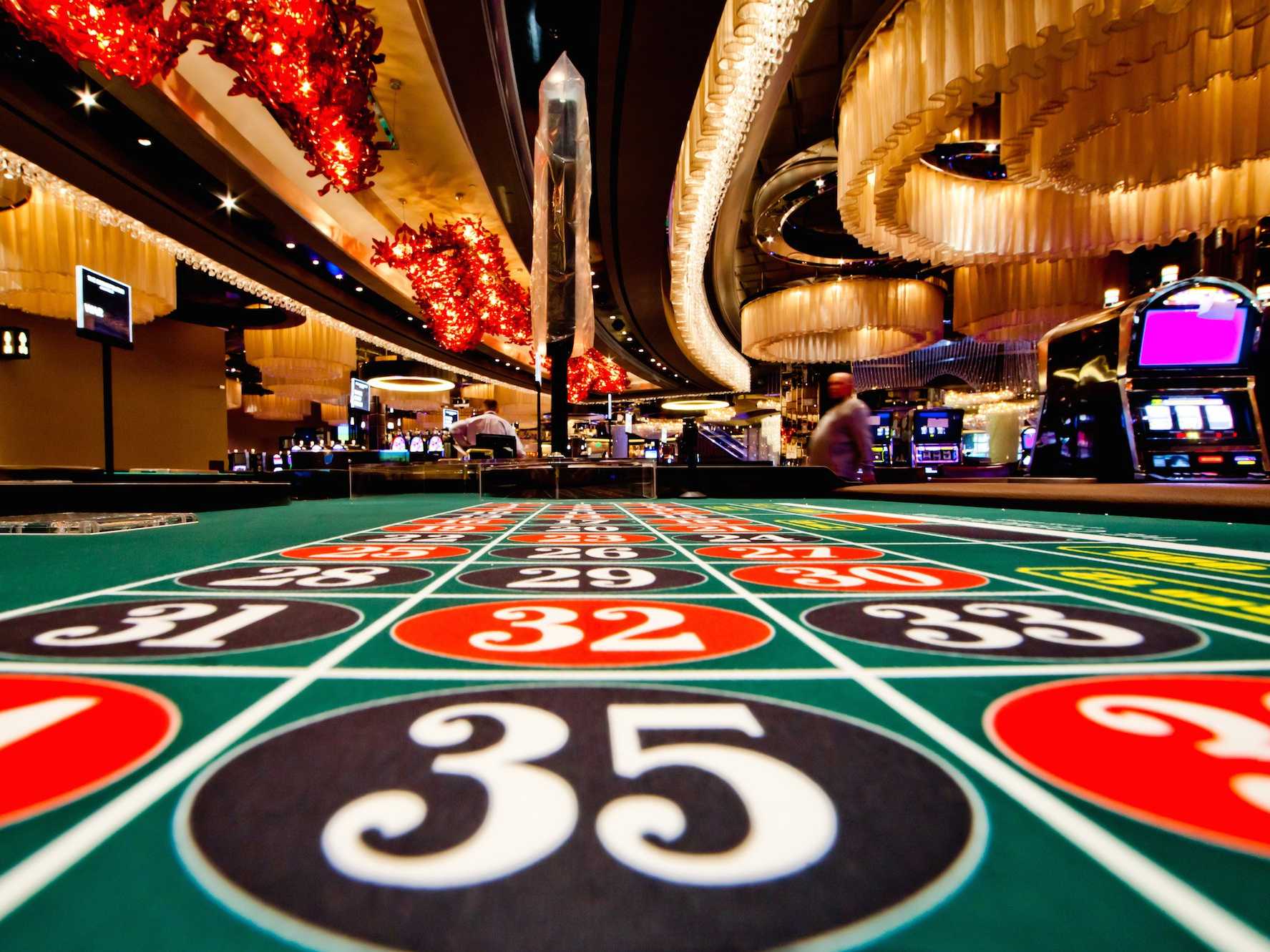
Casino games have long been an integral part of human culture, providing not just entertainment but a captivating reflection of our hopes, wishes, and fears. From the turning reels of a slot machine to the skill-based strategies of poker, these games represent a spectrum of human emotions and experiences. At their core, casino games are not just a chance to win money; they are a snapshot of life itself, where risk and reward merge and fate can change in an eye blink.
As players convene around tables or sit in front of brightly lit machines, they take part in a ceremony that transcends mere gambling. These games reflect our innate desires for connection, excitement, and the pursuit of luck. They also unveil deeper truths about human nature, such as our relationship with luck and the adrenaline of risk. In exploring casino games, we discover not only the rules of play but also the complex weave of the human experience, showcasing our interconnected narratives of goal and reality.
The Psychology of Gambling
Gambling is deeply rooted in human psychology, appealing to various feelings and wants. The excitement of risk-taking is a fundamental aspect that attracts participants, whether it’s thrill of spinning a roulette wheel or the excitement of drawing a winning hand in a poker game. This rush of adrenaline is frequently likened to other forms of excitement, as the unpredictability of outcomes triggers a unique psychological response. Players often find themselves entranced by the chance of striking it rich, leading to an almost magnetic draw toward gambling games.
Additionally, a crucial component of the psychology behind gambling is the concept of hope and aspiration. Participants often indulge in dreams of financial freedom and the luxurious lifestyle that can follow winning. This hope fuels their continued participation in casino games, as it provides a sense of meaning and the belief that a transformative win could be just one wager away. The story of overcoming odds and finding success resonates with many, strengthening their commitment to play and engage with these games.
Lastly, social dynamics play a crucial role in gambling psychology. Casino environments are designed to promote social interaction, where players gather to share the journey of wins and losses. This shared aspect not only enhances enjoyment but also influences behavior, as individuals often imitate the actions of others in their vicinity. The social validation found in shared excitement can magnify the emotional experience, making casino games a mirror of not just personal desires but also collective engagement within the gambling community.
## The Dual Nature of Risk and Reward
Gambling activities embody the subtle balance between risk and gain that resonates deeply with human nature. The thrill of placing a bet is often accompanied by a jolt of energy, as participants are confronted with the possibility of striking it rich, yet conscious of the potential to suffer losses. This twofold experience reflects a fundamental aspect of life: the paths we choose often come with inherent risks, and the chase for gain can push us to make risky moves we might not normally consider. In this way, gambling activities reflect real-world choices, enticing players to risk not just their capital, but also their dreams.
The allure of grand jackpots and payouts fuels a wave of hope, encouraging players to imagine a better future that could arise from a lucky spin of the roulette or dealing of a hand. This hope can drive individuals to engage in more daring actions, encouraging them to push their boundaries in search of monetary success. However, just as in life, the results of these decisions can lead to both victory and failure. The stories of both jackpot winners and those who have faced losses everything at the casino demonstrate the random nature of chance and its consequential repercussions on our futures.
Ultimately, the experience of engaging with gambling activities serves as a strong reminder of the nature of humanity. Every round played is loaded with the tension of ambiguity, as gamblers weigh the gains against the risks. https://essesv388.com/ This balance not only highlights the thrill that comes with betting but also exposes the risks that come with the urge for more. As we journey through the challenges of choice and consequence in both the gambling world and in life, we find that the pursuit of risk and reward shapes our sense of self and experiences in significant manners.
Society and Loneliness in Casino Culture
Casino culture is a distinct combination of social engagement and personal endeavor, reflecting the contrasts of human experience. SV388 Players often come together around games, sharing in the excitement of the action, celebrating wins, and sympathizing over losses. This social aspect is vital, as it fosters a sense of community and bonding among diverse groups of individuals. Regular attendees to casinos may form friendships and develop routines, turning the gambling venue into a alternative home where they feel linked to a greater community of players.
However, the attraction of gambling activities can also lead to isolation. As players become immersed in the thrill of playing, they may isolate from personal relationships or neglect to engage with the environment outside the gaming space. For some, the search of a windfall can distract from genuine relationships, leading to loneliness. The situation of being surrounded people yet experiencing solitary is not rare, as the attention shifts from shared enjoyment to the private concerns of each individual’s path.
This interaction of community and isolation creates a rich mosaic that defines gaming culture. It showcases the intricacy of social interactions, where happiness and sorrow exist together. Casinos serve as both a sanctuary for social interaction and a stage for individual challenges, demonstrating how deeply entwined our yearning for connection and the personal quest for wealth can be. In navigating this landscape, gamblers confront their own stories—seeking both the thrill of the game and the fellowship of fellow players, eventually reflecting the wider spectrum of human experience.